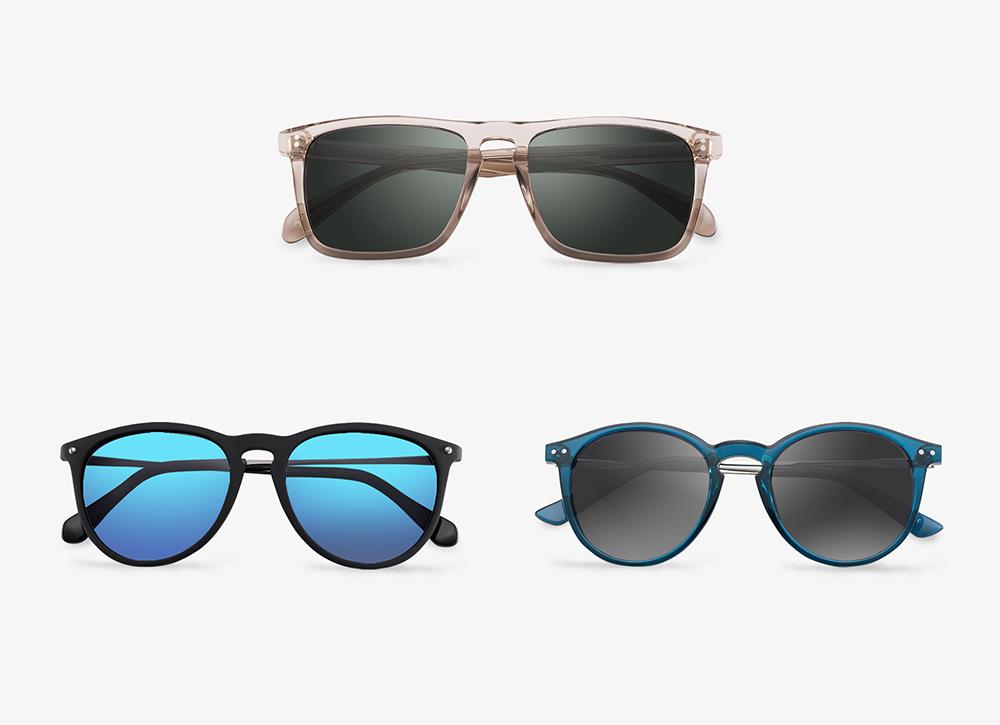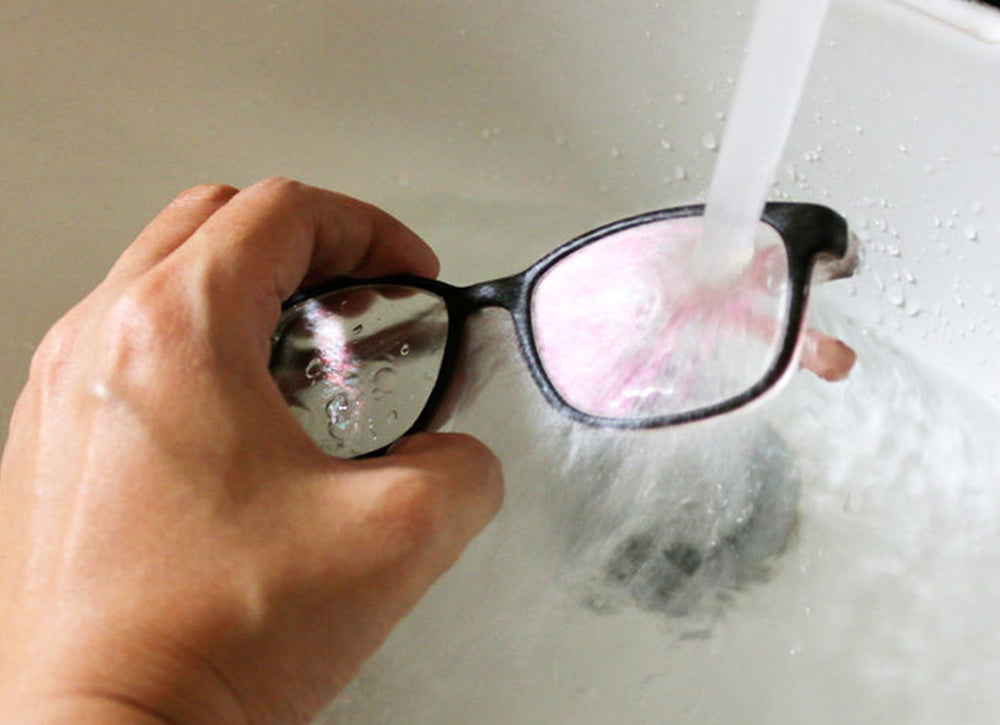In the previous article, we discussed “Where can I get wholesale polarized women's sunglasses?”. In this article, let’s talk about “Which is better, polarized, photochromic, or mirrored sunglasses?”.
Mirror Sunglasses
The mirror lens can reflect light like a mirror. The lens is coated with a very thin layer of reflective paint, which can enhance the resistance of the sunglasses to light from above while allowing more light to enter from below and horizontally. Usually, the mirror paint is gradual, and the color depth of the paint gradually changes from top to bottom. This can enhance the resistance of sunglasses to light from above while allowing more light to enter from below and horizontally.
Photochromic Sunglasses
This kind of lens is transparent indoors and darkens in outdoor sunlight. It can be changed automatically according to the intensity of ultraviolet rays, and the colors are mostly gray and tea changes, and some brands also have green changes. The principle is to rely on a photosensitive material to react with ultraviolet light, similar to the exposure of the photosensitive film. According to different processes, it is divided into base change and film change. The base change is to uniformly fill the photosensitive material in the lens material. The film change is to make the color change coating on the surface, and the color change speed is faster.
Polarized Sunglasses
Polarized sunglasses lens is a composite material, generally composed of seven layers, the outer two layers are anti-wear, the second and sixth layers are UV protection, and the third and fifth layers are to filter harmful rays. So, the middle layer is the polarizing layer. The polarizer can block the random reflection light, glare, and irregular reflection light of the object in the natural light. After the light is refracted and reflected by water, mirror, road, snow, glass, water vapor, and other media, it will form a light wave that vibrates and propagates in a certain direction. This light wave will interfere with the normal line of sight, and the polarizer is composed of a balanced array of crystals. This structure only allows light waves that are in balance with the crystal to pass, and light waves vibrating to other angles are uniformly blocked.
How To Choose?
What is the effect of wearing polarized sunglasses? Adjust the angle of the polarizer so that the polarized light reflected from water, glass, flowers, and moisture can be blocked. The normal light can pass through so as to enhance the contrast, reduce the reflection, enhance the color of the scene, and reduce the atmospheric fog phenomenon.
When are polarized sunglasses suitable for wearing? Wearing polarized sunglasses will not have the feeling of distortion and dizziness. Resin polarized lenses have the advantages of light weight, not easy to break, and wearing them easily and comfortably. Suitable for fishing, driving, sports, sailing, skiing, hunting, and other occasions.
What is the difference between polarized sunglasses and color-changing mirrors? The color-changing mirror is colorless indoors and can be used as ordinary glasses. It changes color when exposed to ultraviolet rays outdoors and can be used as sunglasses. But for the driver, the polarizing lens is more suitable than the color-changing lens.
Thank you for your time in reading our passage “Which is better, polarized, photochromic, or mirrored sunglasses?”. Also, it is welcome to share and forward to Facebook and Twitter. If you have any questions about glasses or sunglasses, you can contact us via this email service@koalaeye.com.





































